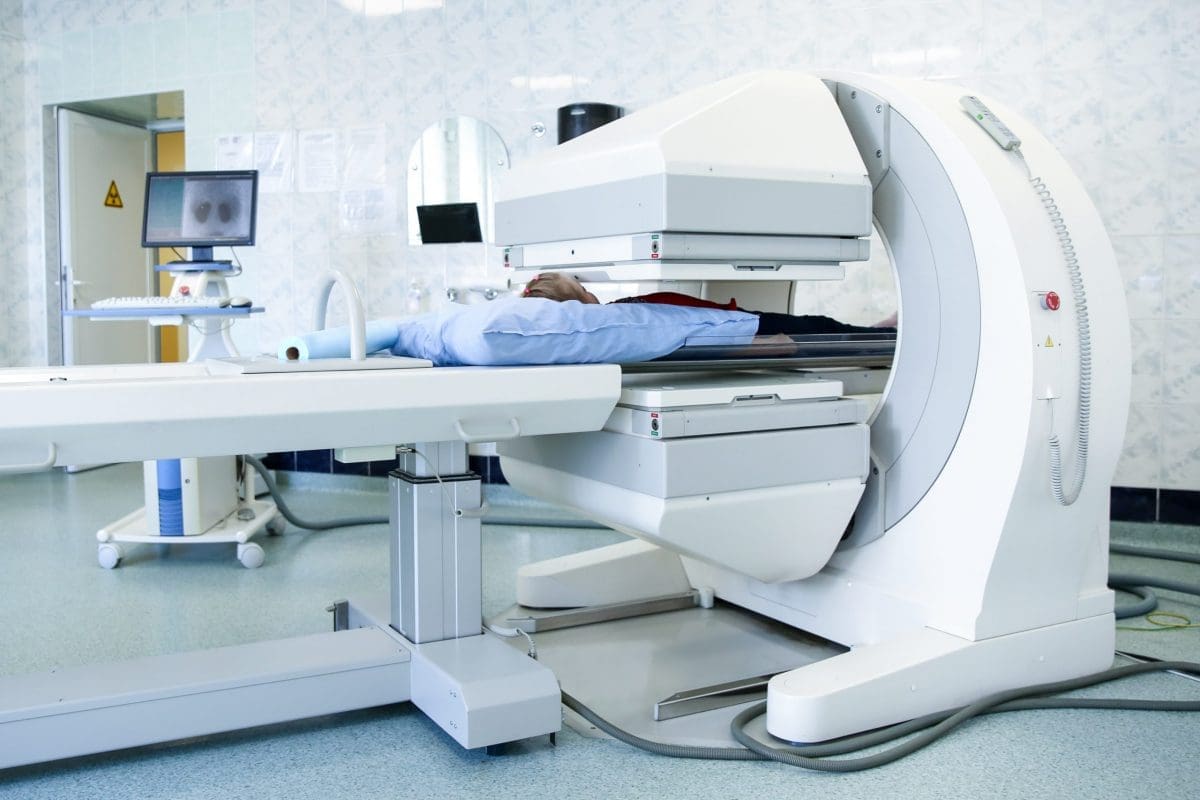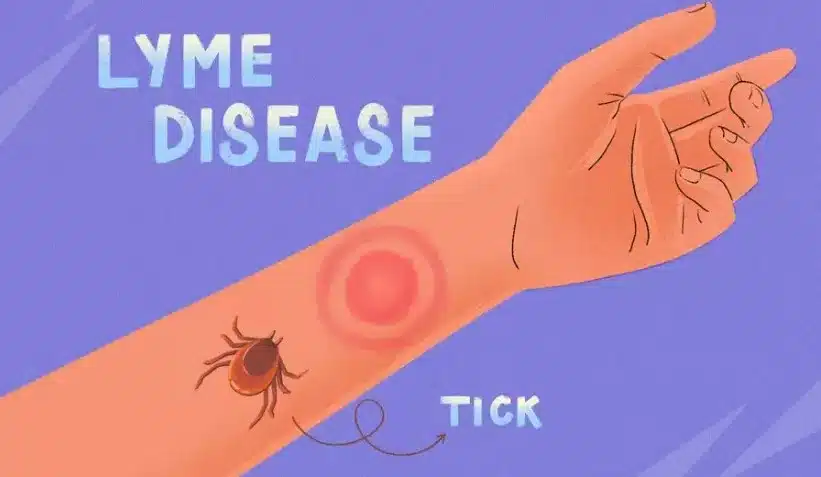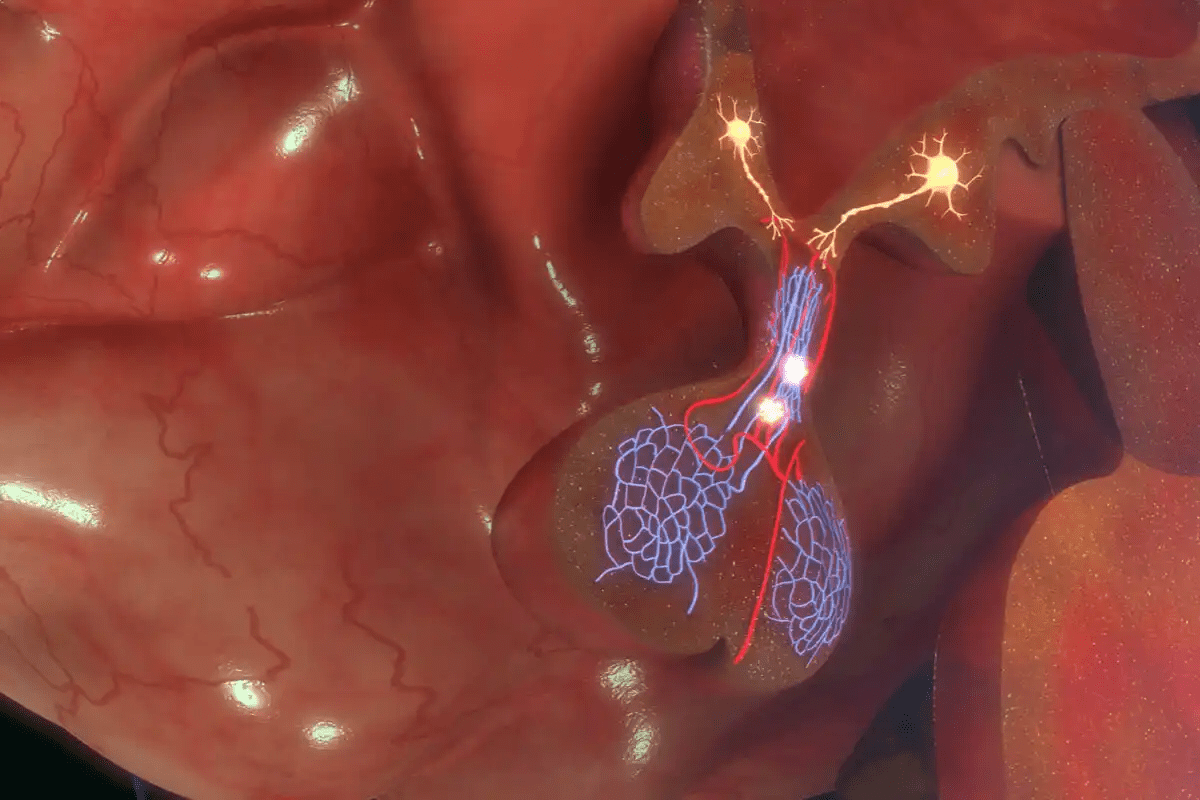
What is Nuclear Medicine ?
Nuclear medicine is a field of medicine in which radioactive materials are used and includes vari...
Liv Hospital aspires to lead the way in providing reliable and high-quality healthcare by combining a patient-centered approach, an experienced team of physicians, and the strength of multidisciplinary collaboration.
With our commitment to applying advanced diagnostic and treatment methods in step with global standards, our ultimate focus remains clear: your health.
Inspired by the initials of the Leading International Vision in Healthcare principle, the English word
“live” has become the key symbol representing the very purpose of Liv Hospital’s existence.

Nuclear medicine is a field of medicine in which radioactive materials are used and includes vari...

When Do Pregnancy Symptoms Start: A Complete Liv Hospital Guide Pregnancy symptoms can begin earl...

Can Diabetes Cause Hair Loss? Diabetes is well known for affecting the heart, eyes, kidneys, and ...

Understanding Lyme Disease and How It Affects Overall Health Lyme disease is a bacterial infectio...

Understanding Meningitis and How It Affects the Brain and Spinal Cord Meningitis is an inflammati...

Understanding Pneumonia and How It Affects the Lungs Pneumonia is a lung infection that causes in...

Understanding the Nature of Panic Attacks and Why They Occur A panic attack is an intense episode...

Understanding Obsessive Compulsive Disorder and Its Impact on Daily Life Obsessive compulsive dis...
Understanding the Nature of Hashimoto’s Disease and Its Impact on Thyroid Health Hashimoto’s dise...

Thyroid Symptoms Thyroid symptoms can vary widely because the thyroid gland affects nearly every ...

What Is Chemotherapy? Chemotherapy is a treatment method that uses powerful medications to elimin...

Understanding Lymphoma in Detail Lymphoma is a complex cancer that begins in the lymphatic system...

Leave your phone number and our medical team will call you back to discuss your healthcare needs and answer all your questions.
Your Comparison List (you must select at least 2 packages)